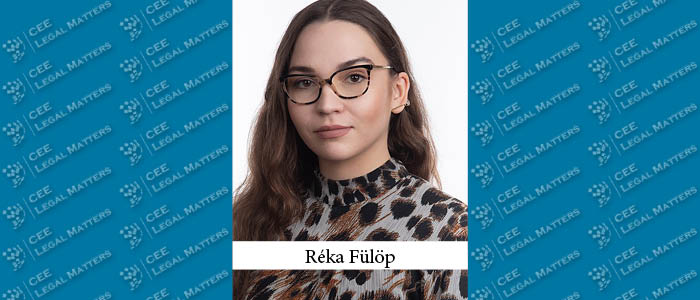In a bid to enhance legal competitiveness, a new legislative proposal aims to streamline regulations in environmental protection, waste management, consumer rights and workplace safety, boosting the competitiveness of domestic businesses. The proposal is currently under public consultation, but it already highlights several key changes that may be of interest to various sectors.
Workplace safety: the range of professionals authorized to perform occupational health tasks would be expanded to include various specialized medical fields, such as occupational medicine and public health. Additionally, workplace risk assessments would be required every five years instead of three, unless otherwise necessary, easing the administrative burden related to workplace safety.
Consumer protection: the proposed amendment introduces a significant shift by setting a clear financial threshold for the obligation to employ a consumer protection officer, which was previously required without any revenue-based limits (for any business not classified as a small or medium enterprise (SME) under the SME Development Act). By establishing the threshold at HUF 5 billion, the change specifically targets larger businesses with significant market influence, thereby reducing the regulatory burden on smaller companies
Condominiums: the right of disposal over jointly owned property would automatically belong to the community, eliminating the need to include this in the founding documents. Moreover, new rules are introduced for summoning co-owners to meetings, allowing for acknowledgment receipts or postal notifications.
Electricity: the proposed amendment formally defines the concept of biomass processing and establishes the foundation for permit issuance, aligning with existing regulations.
Inheritance proceedings: notaries could satisfy their procedural fee claims from the heritage, with new rights to impose restrictions on the transfer and encumbrance of assets.
Waste management: activities such as the creation of educational and instructional items or gifts from waste, as well as the production of artistic works from waste, provided they are publicly displayed, would now require registration in the official waste management authority’s register. This ensures that such activities are regulated and monitored under proper waste management practices. The number of companies eligible to enter into individual agreements with the concession holder regarding specific waste management requirements would increase significantly, as the threshold for waste producers would be lowered from 50,000 tons per year to 5,000 tons per year.
Most of the amendments focus on fine-tuning existing regulations, offering targeted improvements such as more precise procedural requirements or updated thresholds, as seen in the waste management and consumer protection regulations. While these efforts support the broader goals of economic growth and environmental responsibility, the proposed changes do not introduce transformative measures that would dramatically reshape the legal landscape for businesses. Instead, they reflect a pragmatic approach to maintaining legal clarity and operational efficiency.
By Reka Fulop, Attorney at Law, KCG Partners












